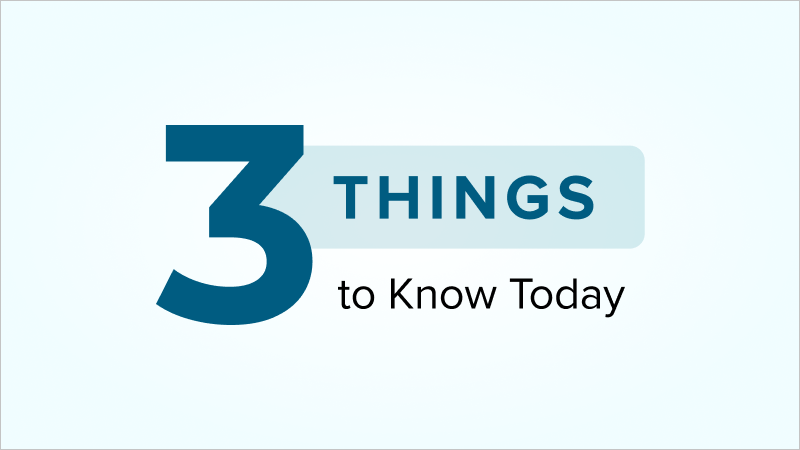

Physician Bias Against Disabilities
Some clinicians are refusing to take people with disabilities on as patients, according to a new study. Though small, the research sheds an alarming light on why people with disabilities have worse outcomes, including undetected cancer, obesity, and cardiovascular disease. Many simply cannot get a doctor to see them.
Broken system: There is physician bias at play, according to experts, but there are also more basic issues for doctors, such as not having resources like adjustable tables or staff interpreters to be able treat patients who are disabled, as well as a self-proclaimed lack of expertise and exposure to be able to do a good job.
Change is possible: Academics can look to curriculums and increase exposure to patients with disabilities. Clinicians who are in the office can train staff to ask every patient if they need an accommodation.

Cannabis Substitutes for Opioids
Medical cannabis may be effective as a replacement for opioids in patients experiencing moderate but chronic pain, according to a new study. Of the nearly 2200 patients surveyed, 79% reported stopping or reducing their opioid pain medication after starting medical cannabis.
Overall experience: The study is one of the first to look at the overall patient experience of medical cannabis, according to the authors. In this single time point survey, 91% of respondents reported medical marijuana was helpful in dealing with their conditions.
Promising but untested: There might be an opioid substitution possibility, but rigorous clinical trials are needed, according to an expert comment. Past research has both shown and dismissed the possibility, but it has not been tested in a randomized intervention.

Don’t Thumb Your Nose at Nasal Vaccines
Researchers are making strides in mucosal vaccines worldwide, with COVID as a prime target. There are roughly 100 mucosal vaccines in development globally, and 20 are for COVID, according to a Nature report.
Where you live: It’s possible that your next booster could be delivered up your nose, but that largely depends on where you live. China and India have approved nasal boosters, and, along with Iran, have mucosal COVID-19 vaccines in phase 3 studies.
High hopes: Intranasal mucosal vaccines could potentially generate a sterilizing immunity — a high goal of preventing not just serious illness, but also mild illness and even transmission. Preclinical animal models of some trials have gotten close, according to the researchers. But human evidence is so far lacking.
For more news, follow Medscape on Facebook, Twitter, Instagram, and YouTube
